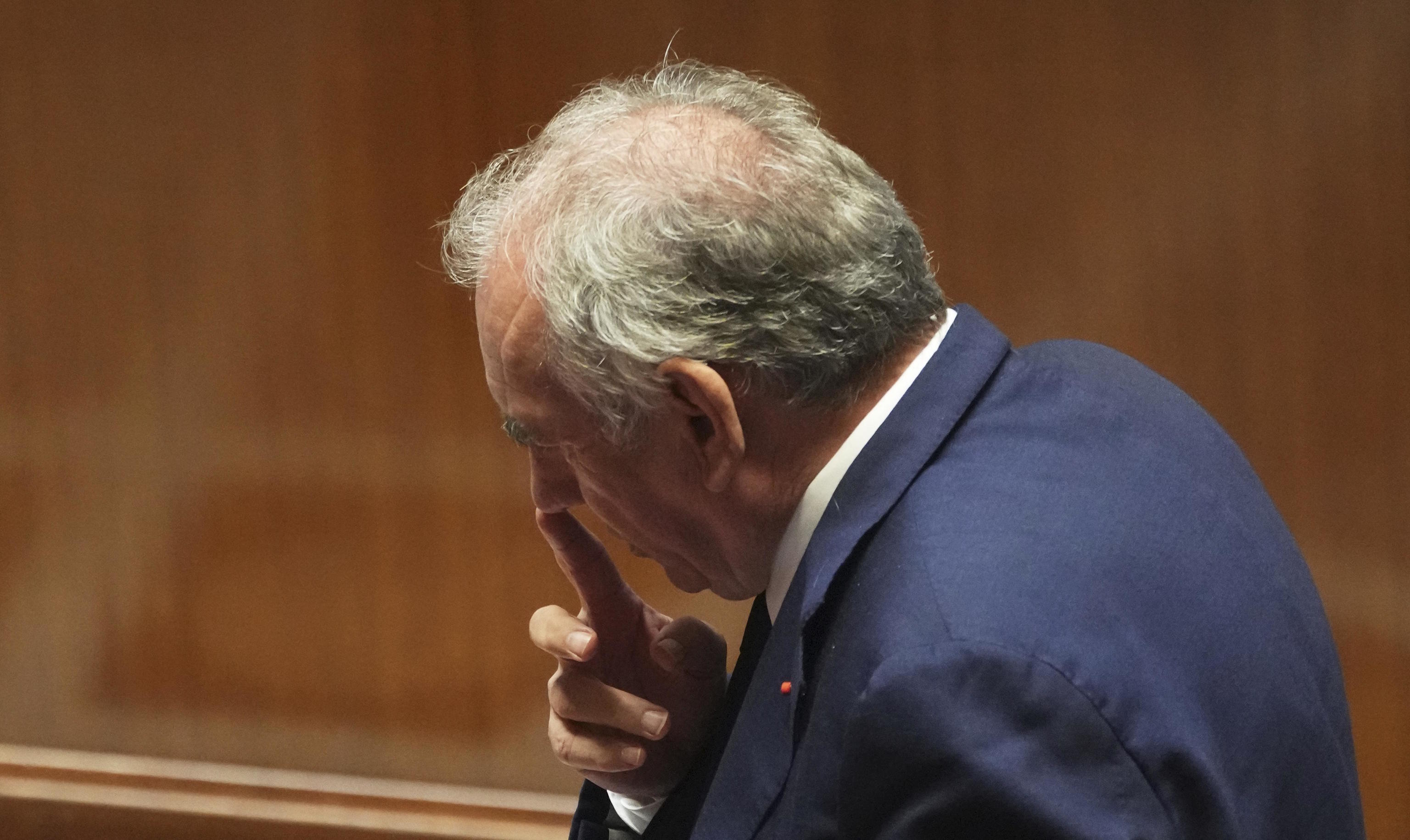On Monday, the stock markets faced the first political challenge of the new European term: the vote of confidence for François Bayrou, now former Prime Minister of France. During the session, the main index of the Paris Stock Exchange, the CAC-40, rose by 0.78%, unaffected by the outcome of the vote of no confidence, which ended hours later with Bayrou's dismissal.
The markets had already assumed his exit from the French government, and its impact on European stock exchanges was factored in, concluding the session with gains and no major surprises. Therefore, based on this anticipated outcome, Ramón Forcada, Director of Analysis and Markets at Bankinter, suggests that "the expected damage to bonds (French and, by contagion, somewhat in European bonds in general) will not be significant," as there were no fundamental surprises. Markets expect Emmanuel Macron to appoint a new prime minister with enough support to pass the 2026 budget (and avoid new elections), putting an end to the uncertainty of recent months for the country.
This uncertainty has been reflected in the bond market, where in recent months, the 10-year French bond risk premium has experienced serious fluctuations and has increased in 2025. Yesterday, it stood at 76 basis points, surpassing neighboring countries like Spain (58 points), Greece (68), and Portugal (43), whose risk premiums have decreased this year. Marco Giordano, Chief Investment Officer at Wellington Management, points out that French government bonds have had a "significantly lower yield than other European sovereign bonds" because investors face "high debt levels, significant spending commitments, and an unclear commitment from policymakers to maintain fiscal sustainability."
Ahead of Bayrou's anticipated dismissal, there was a slight relaxation in the risk premium, which fell by 2.61% at the close of the session yesterday. The yield on the 10-year French bond, on the other hand, stood at 3.40%, after several mild but continuous declines in the past week.
In this context of political uncertainty, several scenarios are being considered. For example, analysts from global firms like MFS Investment Management suggest that volatility is here to stay. "Differentials [between French Treasury bonds and German bonds] are likely to remain wide. Political instability is set to continue," notes Peter Goves, Head of Developed Market Sovereign Debt Analysis at the American firm, warning of the consequences that the planned strikes for next Wednesday could have. Meanwhile, Macron's country still needs to secure approval for its budgets.
Although making exact estimates is challenging, asset management firms like the French Ostrum AM are already providing figures for their "most likely scenario": if Macron fails to find a new prime minister and the National Assembly is dissolved, uncertainty would drive up the French risk premium, potentially up to 100 basis points. In the most extreme scenario, with Macron's resignation, the French spread would exceed these levels by far, potentially justifying ECB intervention to limit contagion to other European countries.
Overall, uncertainty and volatility are affecting fixed-income markets, as noted by Banca March, "which will have to digest the growing political uncertainty amid the challenge of restoring public finances."
